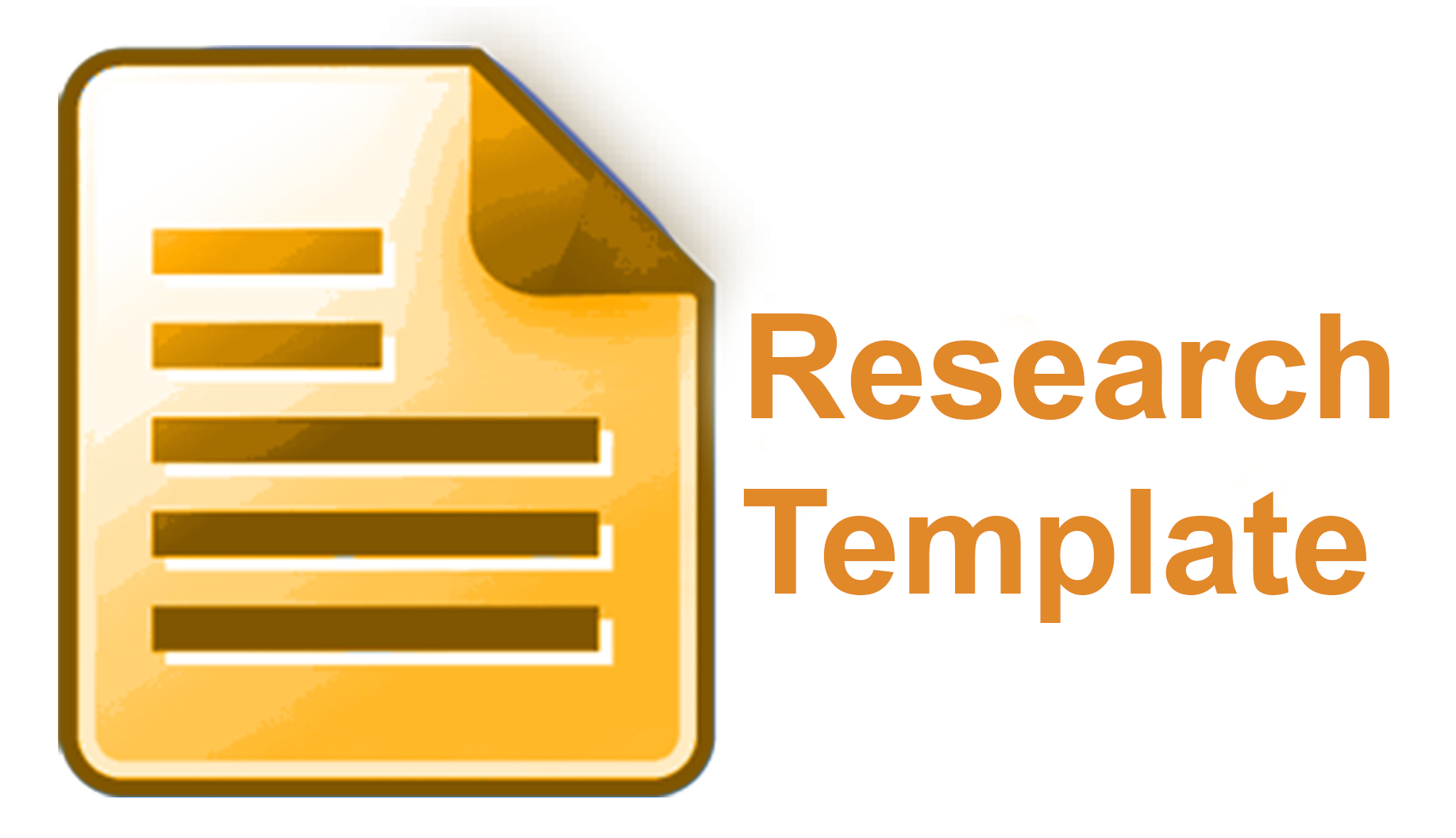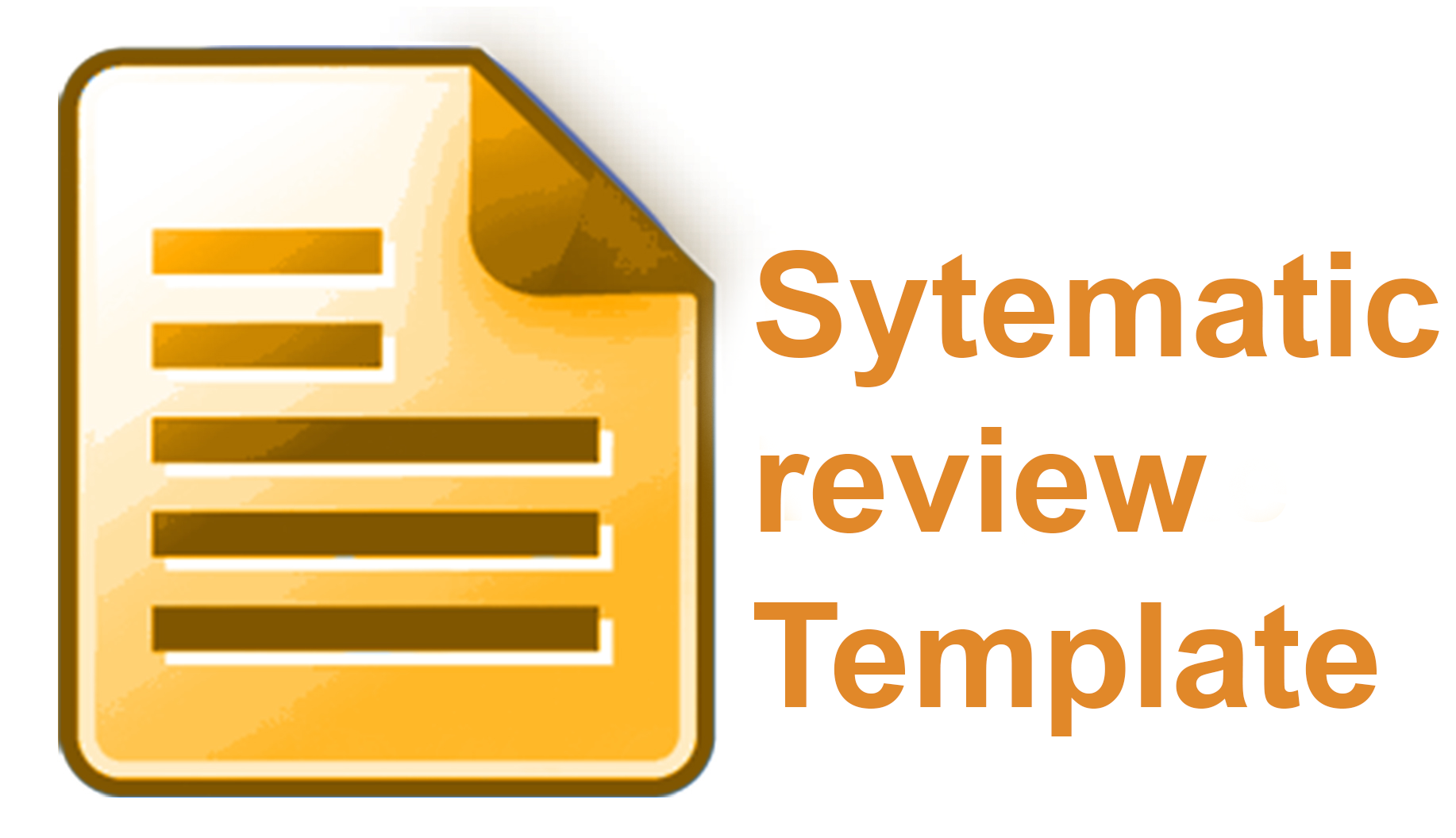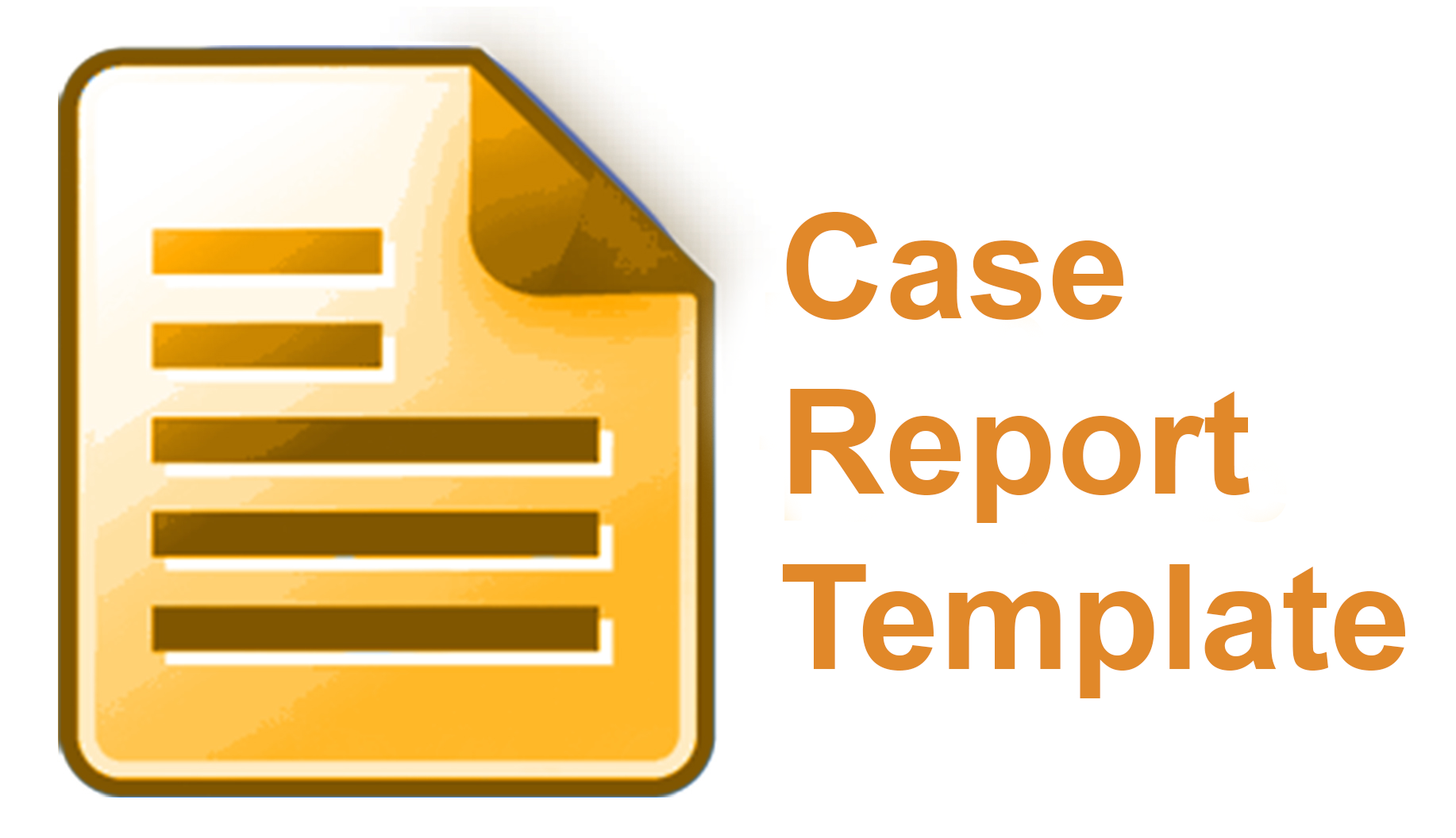Padjadjaran Journal of Dentistry (PJD) is a peer-reviewed journal. This statement outlines the ethical behavior of all parties involved in the process of publishing articles in this journal, including the authors, editor-in-chief, editorial board, peer reviewers, and publisher (Faculty of Dentistry, Universitas Padjadjaran). This statement is based on the COPE Best Practice Guidelines for Journal Editors.
Publication Ethics Guidelines
Articles published in Padjadjaran Journal of Dentistry (PJD) represent an essential building block in the development of a coherent and respected body of scientific knowledge. They reflect the quality of the work of the authors and the institutions that support them. Peer-reviewed articles embody and support the scientific method. Therefore, it is important to agree upon standards of expected ethical behavior for all parties involved in publishing: authors, editors, reviewers, publishers, and the public.
The Faculty of Dentistry, Universitas Padjadjaran as the publisher of PJD, takes its guardianship duties over all stages of publishing very seriously and recognizes its ethical responsibilities. The publisher is committed to ensuring that commercial revenues, advertising, or reprints have no impact on editorial decisions.
Alleged Research Misconduct
Research misconduct includes fabrication, falsification, citation manipulation, or plagiarism in producing, conducting, reviewing, or reporting research and manuscripts.
If authors are found to have engaged in research misconduct or other serious irregularities in an article that has already been published, the editor has the responsibility to maintain the accuracy and integrity of the academic record.
In cases of suspected misconduct, the editor and editorial board will follow COPE guidelines to resolve complaints fairly. Submissions containing misconduct will be rejected. If misconduct is identified in a published article, a retraction will be issued and linked to the original publication.
The process includes validating allegations, determining their relevance to misconduct definitions, and considering potential conflicts of interest. Authors will be asked to provide clarification, and additional experts (e.g., statistical reviewers) may be consulted. Institutions are expected to conduct thorough investigations. Ultimately, authors, journals, and institutions share responsibility for ensuring the integrity of the scientific record.
Publication Decisions
The editor is responsible for deciding which manuscripts submitted to the journal will be published, based on academic merit, relevance, and compliance with ethical and legal requirements. The editor may consult with the editorial board or reviewers in making publication decisions.
Complaints and Appeals
PJD maintains a clear procedure for handling complaints regarding the journal, editorial staff, editorial board, or publisher. The scope of complaints includes all aspects of the publishing process, such as editorial procedures, citation manipulation, unfair editorial or review practices, and peer-review manipulation. Complaints will be handled in accordance with COPE guidelines.
Post-publication Discussion
PJD permits post-publication discussion, which may take the form of letters to the editor, commentary on the journal’s website, or moderated external platforms.
Fair Play
Editors evaluate manuscripts for intellectual content without regard to race, gender, sexual orientation, religious belief, ethnic origin, nationality, or political philosophy of the authors.
Confidentiality
Editors and editorial staff must not disclose information about submitted manuscripts to anyone other than the corresponding author, reviewers, potential reviewers, editorial advisors, and the publisher, as appropriate.
Disclosure and Conflicts of Interest
Unpublished materials disclosed in a submitted manuscript must not be used in an editor’s own research without the explicit written consent of the author.
Data Sharing Policy
PJD is committed to promoting transparency and reproducibility of research. Authors are encouraged to share their research data, including but not limited to: raw data, processed data, software, algorithms, protocols, methods, and materials.
Duties of Reviewers
-
Contribution to Editorial Decisions: Reviewers assist editors in making editorial decisions and may help authors improve their manuscripts.
-
Appropriateness: Reviewers who feel unqualified to review a manuscript or unable to complete the review in a timely manner should notify the editor and withdraw from the review process.
-
Confidentiality: Manuscripts received for review must be treated as confidential documents and not shared without authorization.
-
Objectivity: Reviews must be conducted objectively. Personal criticism of the author is inappropriate. Comments should be expressed clearly with supporting arguments.
-
Acknowledgment of Sources: Reviewers should identify relevant published work not cited by the authors and notify the editor of substantial overlap with other known publications.
-
Conflicts of Interest: Reviewers must decline to review manuscripts where conflicts of interest exist due to competitive, collaborative, or other relationships with the authors or their institutions.
Duties of Authors
-
Reporting Standards: Authors must present accurate accounts of their work and provide sufficient detail for replication.
-
Originality and Plagiarism: Authors must ensure submitted work is original. If the work of others is used, it must be properly cited.
-
Multiple or Redundant Publication: Authors must not submit the same manuscript to more than one journal simultaneously.
-
Acknowledgment of Sources: Proper acknowledgment of others’ work must always be given.
-
Authorship: Authorship should be limited to those who made significant contributions to the conception, design, execution, or interpretation of the research. All co-authors must approve the final version of the manuscript and agree to its submission.
-
Conflicts of Interest: Authors must disclose financial or other conflicts of interest that may influence their work. All funding sources must be acknowledged.
-
Fundamental Errors: Authors who discover significant errors in their published work must promptly notify the editor to issue corrections or retractions.
-
Ethical Oversight: Research involving humans, animals, chemicals, or hazardous materials must comply with ethical standards. Authors must provide appropriate approval or permits from relevant ethics committees or authorities.





.png)

 All publications by the Universitas Padjadjaran [e-ISSN:
All publications by the Universitas Padjadjaran [e-ISSN: